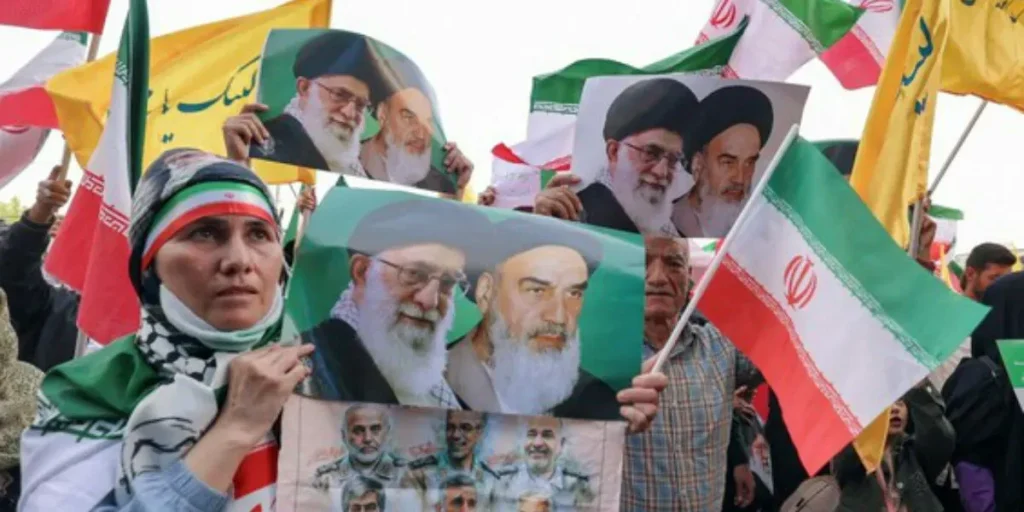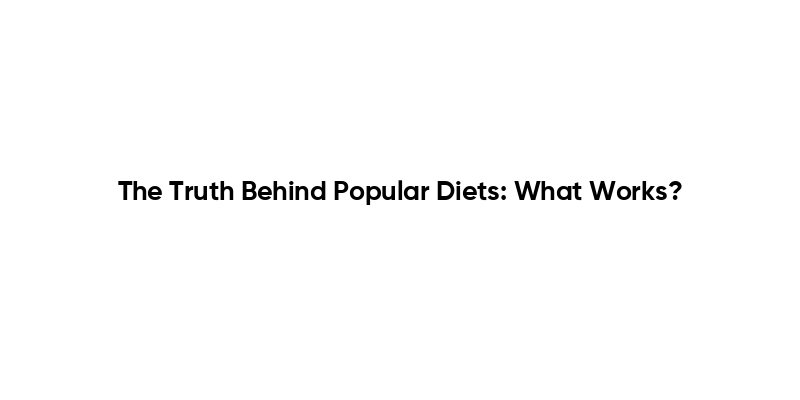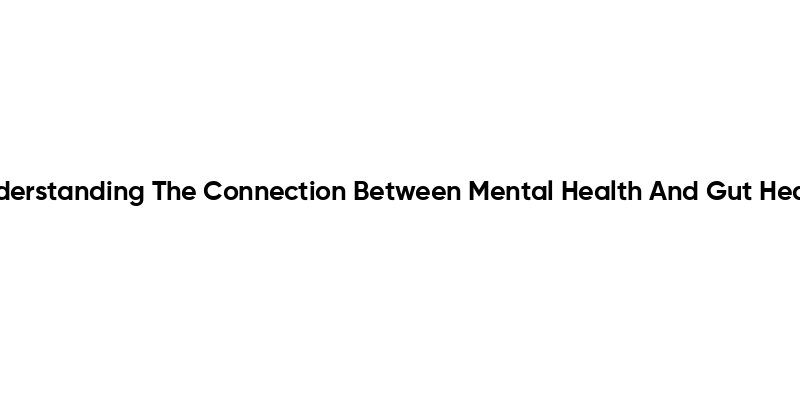In a revealing study by the Association for Canadian Studies, findings suggest that young adults in Canada display a notable level of trust in Iran and its current regime. This perspective contrasts sharply with the views of previous generations, as young Canadians exhibit more favorable opinions about Iran’s intentions and stability. With Jack Jedwab leading the research, the results indicate that many young Canadians do not believe the collapse of the Iranian regime would yield positive outcomes. As perceptions shift, the implications of this trust in Iran among youth could reshape future diplomatic relations between Canada and Iran. The survey highlights a growing divide in attitudes, with deeper insights into the Canadian poll on the Iranian regime revealing a complex narrative around the youth’s views of Iran.
The evolving sentiment among Canadian youth regarding Iran marks a significant cultural shift in how young adults perceive international relations. Recent polls show a trend where younger Canadians appear more receptive to understanding Iran’s political landscape and its regime’s dynamics. These emerging attitudes provide a fresh lens through which to analyze the young generation’s perspectives on global affairs, particularly in relation to Iranian governance. By examining viewpoints on the Iranian regime, one can glean the nuances of trust and skepticism that inform their stances. As Jack Jedwab’s research suggests, this phenomenon not only reflects a deeper engagement with global issues but also highlights a broader curiosity about the realities faced by Iranian society.
Understanding Young Canadians’ Trust in Iran
Recent surveys have shed light on the attitudes of young Canadians towards Iran and its government. The findings indicate a trend of increased trust among these individuals, suggesting that they view the Iranian regime with a level of openness that contrasts sharply with older demographics. This evolving perspective highlights a growing acceptance and perhaps an understanding of the complexities surrounding Iran’s geopolitical landscape. In particular, it seems that young adults feel a nuanced appreciation for Iran’s intentions, diverging from traditional narratives that often depict the regime solely through the lens of hostility.
Jack Jedwab from the Association for Canadian Studies attributes this softening of views to a variety of factors, including improved access to information and global cultural exchanges that challenge preconceived notions. As young Canadians become more engaged in global issues, their views on the Iranian regime reflect a desire for a deeper understanding rather than a blanket condemnation. This trend raises interesting questions about how generational shifts in perception influence Canada’s foreign policy and public opinion regarding Iran.
Young Canadians and Their Views on the Iranian Regime
The perceptions of the Iranian regime among young Canadians present a compelling case for understanding international relations from a youth perspective. Many respondents in the recent poll indicated that they do not believe a collapse of Iran’s current regime would lead to a positive outcome. Instead, there is a sentiment that such upheaval could evoke instability that might negatively affect both the region and international relations with Canada. This perspective could be indicative of a broader understanding of political transitions in volatile regions, where young Canadians seek to promote stability rather than quick changes.
Moreover, the interests and concerns of young Canadians extend beyond mere political support or opposition. They are often influenced by social media, educational resources, and personal connections with Iranian culture that shape their views on the Iranian government. This reflects a broader trend where youths worldwide are more likely to view foreign nations through a lens of personal experience and empathy, rather than through the polarized narratives traditionally seen in mainstream media.
A Shift in Public Opinion: Young Canadians vs. Older Generations
The generational divide in perceptions about Iran is striking, particularly when we consider the skepticism often held by older demographics. Historical conflicts and government actions have influenced older Canadians to view Iran’s regime through a more critical lens. However, young Canadians show a propensity to embrace a more conciliatory perspective, suggesting that they prioritize understanding over hostility. This divergence signifies not just a shift in political views, but also in the cultural narratives that shape these perspectives.
Poll results make it clear that many young Canadians believe that greater engagement with Iran could foster better diplomatic relations. They emphasize the importance of dialogue over sanctions or isolation tactics. By embracing constructive conversations with Iranian authorities, young Canadians are advocating for a forward-thinking approach that aims to build bridges rather than walls. This youth-oriented perspective could lead to a significant restructuring in how Canada interacts with Iran going forward.
The Role of Young Canadians in Shaping Iran-Canada Relations
As Canada navigates its foreign policy, the views of young adults play an increasingly pivotal role. Their understanding of global affairs, particularly concerning Iran, suggests a demand for a more nuanced approach compared to previous administrations. By holding views that favor diplomatic engagement, these youths are challenging conventional wisdom and urging policymakers to reassess strategies that may have historically favored sanctions over dialogue.
This shift in public opinion could pave the way for a redefined relationship between Canada and Iran, emphasizing collaboration over confrontation. As young Canadians express their thoughts through various platforms, including social media, they create a vibrant discourse that could influence future political decisions. Their voices are a reminder of the transformative power of youth in the realm of international relations and diplomacy.
Jack Jedwab’s Insights on Canadian Youth Perspectives of Iran
Jack Jedwab, an influential figure in the landscape of Canadian studies, draws attention to the evolving views of Iranian regime perceptions among young Canadians. His research sheds light on the contrasting perspectives held by younger demographics compared to their elders. By encouraging critical thinking and discussion around the issues, Jedwab believes that we can better understand the motivations behind the youth’s trust in Iran. This approach creates room for constructive dialogues that can potentially reshape Canada’s diplomatic postures.
By dissecting the findings of the latest poll, Jedwab highlights a key takeaway: young Canadians possess an intrinsic curiosity that drives their willingness to engage with complex political entities like Iran. This curiosity manifests not simply as blind trust but rather as a desire for informed understanding. As Canada’s landscape continues to evolve, the insights provided by Jack Jedwab are invaluable in framing a future that incorporates the perspectives of younger generations while addressing longstanding historical grievances.
Implications of Youth Trust in Iran for Canadian Foreign Policy
The intriguing trend of increased trust in the Iranian regime among young Canadians raises critical implications for Canada’s foreign policy strategy. If policymakers heed the perspectives of these younger citizens, they might shift their focus from isolationist tactics to a more engagement-based approach. Such a strategy recognizes the importance of understanding the socio-political dynamics within Iran and the broader Middle East, potentially fostering a more stable and constructive relationship.
Engaging with young Canadians on issues related to Iran can help create a well-rounded foreign policy that reflects the values and beliefs of the younger generation. By establishing forums for dialogue and constructive debate, the Canadian government could build a consensus that is informed by fresh perspectives and awareness. This shift could lead to innovative policy solutions that prioritize dialogue over division, ultimately positioning Canada as a progressive advocate for stability within the Middle East.
Media Representation and Its Impact on Young Canadian Views of Iran
The impact of media representation on the perceptions of young Canadians about the Iranian regime cannot be overstated. With the media often portraying complex issues through sensational headlines, many young Canadians are beginning to seek alternative narratives that reflect a broader spectrum of viewpoints. Online platforms and social media have enabled numerous voices, including those from within Iran, to share their perspectives, thus fostering a more complex understanding of the regime that transcends typical media portrayals.
By accessing diverse sources of information, young Canadians are more apt to challenge the negative stereotypes often associated with the Iranian government. This evolution signifies a shift in how information is consumed, encouraging critical media literacy. As young individuals become more discerning consumers of news, they are better equipped to engage thoughtfully with international issues, including the implications of Canadian engagement with Iran.
Cultural Exchange and Trust in the Iranian Regime
Cultural exchanges serve as a pivotal tool for shaping perceptions among young Canadians regarding the Iranian regime. Through initiatives that celebrate the rich and diverse culture of Iran, young individuals can develop a deeper appreciation for the Iranian people, potentially fostering goodwill. These cultural interactions can bridge gaps in understanding and generate positive sentiment that contrasts sharply with the political narratives usually presented in the media.
Moreover, as international cultural exchanges expand, the personal connections formed between Canadians and Iranians could further solidify the trusting attitudes observed in the recent polls. Engagement in artistic collaborations, educational programs, or community-building activities offers young Canadians the chance to develop empathy and recognize the shared humanity that transcends political ideologies. Thus, cultural diplomacy emerges as a vital component in nurturing trust and goodwill between Canada and Iran.
Engaging with Young Canadians: A Path to Evolution in Policy
With the growing inclination of young Canadians to trust the Iranian regime, engaging with this demographic becomes a critical priority for Canadian policymakers. Initiatives that involve youth voices and experiences can pave the way for a nuanced understanding of international relations. This approach acknowledges the importance of youth perspectives, which often emphasize the necessity for dialogue over division, aiming for solutions that promote peace and stability.
Harnessing the energy and ideals of young Canadians can empower them to become advocates for progressive changes in policy towards Iran. Programs designed to facilitate conversations between youth leaders from Canada and Iran could act as a catalyst for constructive dialogue, fostering diplomatic relationships based on mutual respect and understanding. By prioritizing these engagements, Canada can craft a forward-looking foreign policy that reflects the values of its younger generations and is more resilient in the face of global challenges.
Frequently Asked Questions
What are the views of young Canadians regarding Iran’s regime according to the latest poll?
A poll conducted for the Association for Canadian Studies reveals that Canada’s youngest adults have a more favorable view of Iran’s current regime. They seem to trust the Iranian regime’s intentions, believing that its collapse may not be beneficial.
How does the Canada poll indicate young adults perceive trust in Iran among youth?
The Canada poll indicates that there is a significant level of trust in Iran among young adults, with many expressing a softer view on the Iranian regime. This suggests a differing perspective compared to older generations regarding Iran’s intentions.
What does Jack Jedwab’s study reveal about young Canadians’ perceptions of the Iranian regime?
Jack Jedwab from the Association for Canadian Studies points out that the study shows young Canadians perceive the Iranian regime differently, exhibiting a tendency to support its stability rather than its collapse.
Why do young adults in Canada trust the Iranian regime, according to recent studies?
Recent studies indicate that young adults in Canada trust the Iranian regime likely due to their softer views on geopolitical politics, leading them to believe that a regime change might not lead to positive outcomes.
What implications does the Canada poll on young Canadians’ views of Iran have for future Canadian-Iran relations?
The Canada poll results suggest that as young Canadians tend to trust the Iranian regime more, it may influence future Canadian-Iran relations, potentially leading to a more nuanced approach in diplomatic discussions.
| Key Point | Details |
|---|---|
| Poll Results | A recent poll shows that Canada’s youngest adults are more inclined to trust Iran and its current regime. |
| Perception of Iran’s Intentions | Jack Jedwab notes that younger Canadians view Iran’s intentions more softly. |
| Beliefs About Regime Change | Many young adults believe that the collapse of Iran’s regime would not be beneficial. |
Summary
Canada young adults Iran trust is significantly shaped by recent polling data revealing a surprising inclination towards trusting the Iranian regime among young Canadians. This shift indicates a fundamental change in perception, suggesting that younger generations may favor continuity over chaos in international relations with Iran.



